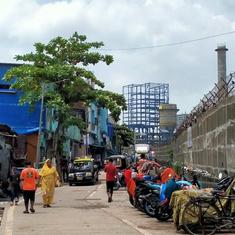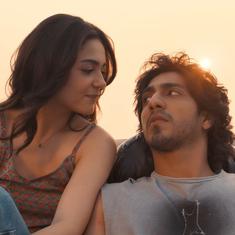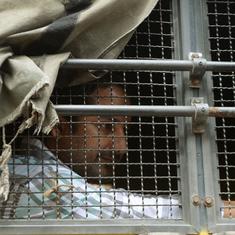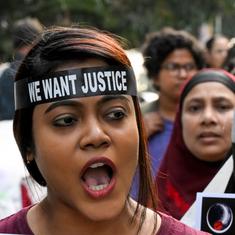No player owns as many Champions League titles as Cristiano Ronaldo but a sixth with Juventus would surely be his best of the lot.
Ronaldo played the lead role in all of those five previous triumphs, from his towering header for Manchester United against Chelsea in 2008 to the tie-clinching, 97th-minute penalty against Juventus last season in the quarters.
In between, there were the 17 goals he scored in every game but one en route to the trophy in 2014, the title-winning penalty against Atletico Madrid in 2016 and the hat-trick against the same opposition, this time in the last four, a year later. He would also score twice against Juventus in the final.
It was to become the beneficiaries, rather than victims, of these match-winning moments, that Juve seemingly decided last summer the only way to win the Champions League before Ronaldo retires is to have Ronaldo on your team.
They begin that assault on Wednesday, when the 33-year-old will kick a ball competitively in Spain for the first time since his dizzying 100 million-euro move from Madrid.
Valencia are the obstacle at the Mestalla, where he scored twice, both penalties, for his former team last term.
Many were shocked when Ronaldo drew a line under his time in the Spanish capital, with most believing his complaints to be the latest round of posturing aimed at those higher at the club. They were, but this time he meant it.
Lionel Messi told Catalunya Radio earlier this month: “I was surprised, I didn’t imagine him leaving Madrid or that he would go to Juve.”
There is merit and romance in Messi sticking with his boyhood Barcelona but even he must find it hard not to admire Ronaldo’s gumption.
More trophies and records would inevitably have followed at Madrid but instead he started again, risking his reputation for somewhere new.
Psychological edge
There is risk too for Juventus, who have shelled out the first three-figure sum ever paid for a player in their thirties, and one that represents a very different model to the free-flowing forward that used to terrorise defences left, right and centre.
The Ronaldo who Real Madrid decided could be sold is a predator, a throw-back number nine, that limits his exertions to the penalty box, with the caveat he can still run fast, jump high and shoot with both feet.
His first Juve goal against Sassuolo on Sunday was a tap-in from a yard out, his second a driven left-footed shot into the corner. After three games without finding the net, even Ronaldo had been feeling the pressure.
“I was a little tense with all the talk after my move from Real Madrid and not scoring,” he said afterwards. “I’m happy, I’m working hard and my teammates are really helping me to adapt to this league.”
The real pressure, however, will come in Europe where Juventus’ investment will be judged.
The club’s pursuit of a first Champions League success since 1996 has become an obsession and Ronaldo is supposed to be the last piece in the puzzle.
Real Madrid may claim to be more of a team without him but so, perhaps, were Juve and it was only enough to reach two finals in four years, and lose them both.
There is also perhaps a psychological edge to be gained.
Madrid made a habit of prevailing last season without dominating games, owning the decisive moments rather than matches as a whole. A player like Ronaldo can quickly spread a winning mentality.
Messi is in no doubt about the direction of credit. “Real Madrid are one of the best teams in the world and they have a great squad but it’s obvious the departure of Ronaldo makes them less strong while Juve have become a clear favourite for the Champions League,” he said.
“They already had a good team and now they have Cristiano Ronaldo.”










